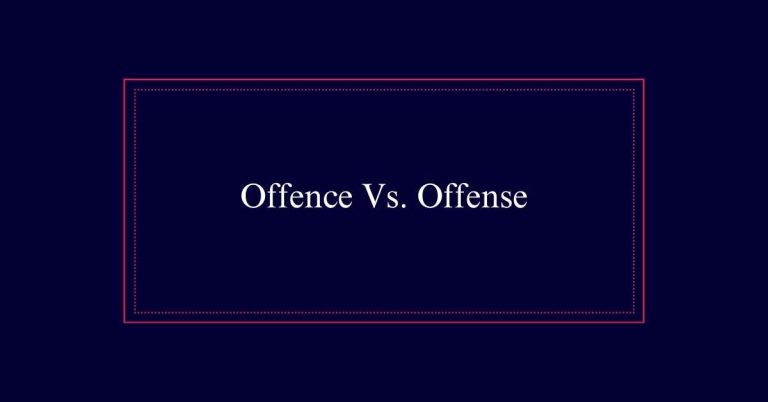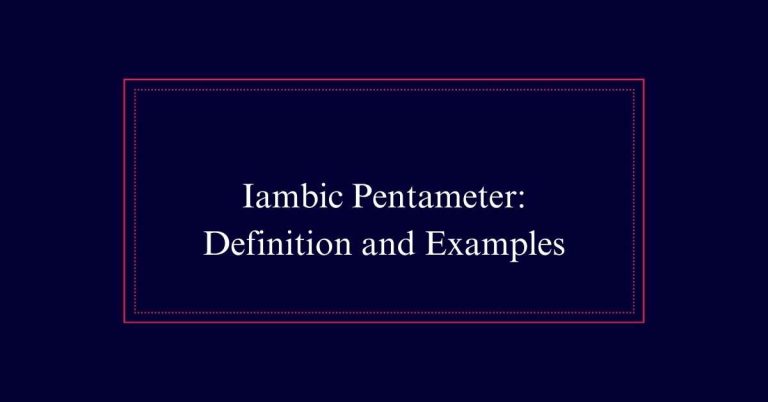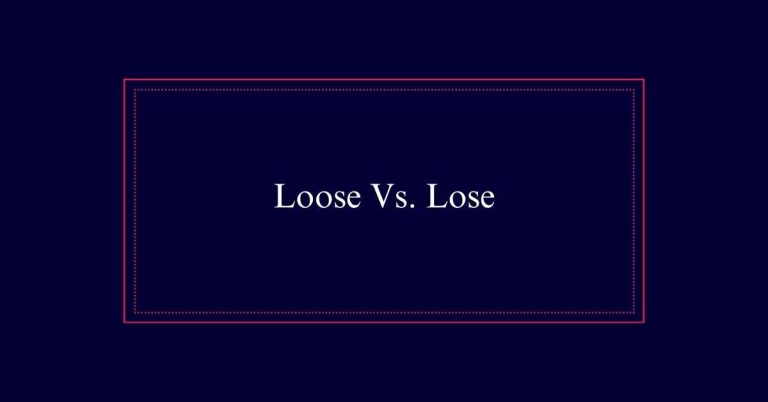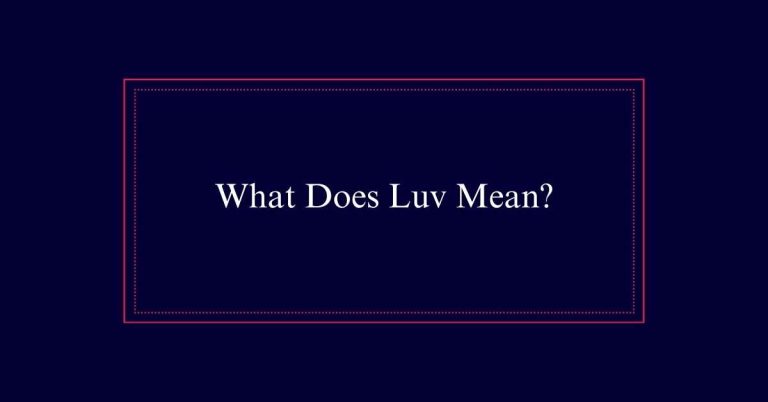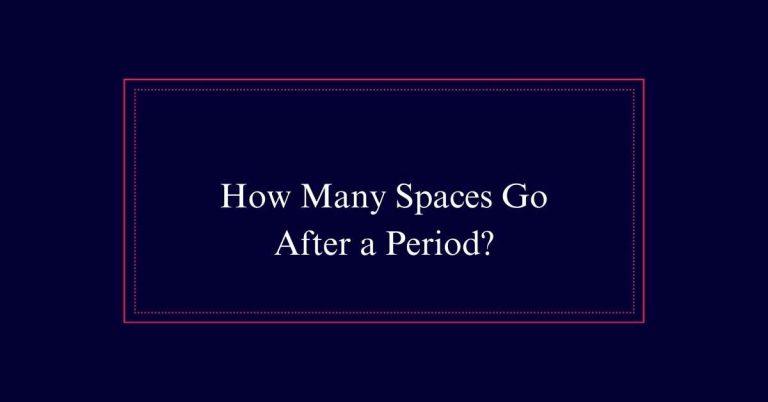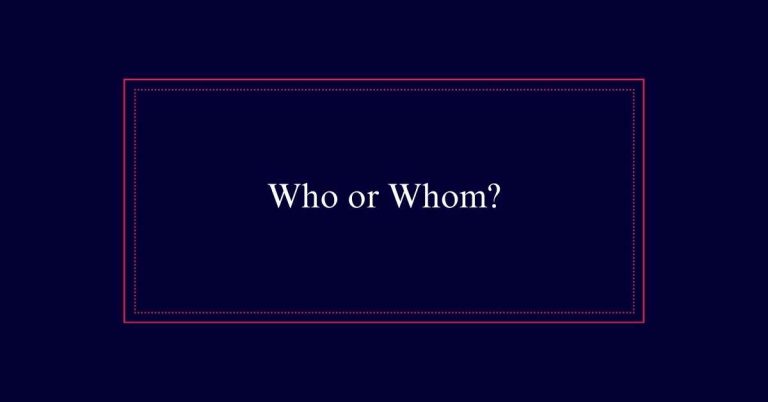Wont Vs. Won’T
‘Wont’ and ‘won’t’ are often confused, but they serve different purposes. ‘Wont’ describes habitual behavior or something someone is accustomed to. It can be used as a noun or an adjective, often found in literary or formal writing. For example, “He is wont to rise early.” On the other hand, ‘won’t’ is a contraction of ‘will not,’ used to express the future tense in a negative form. For example, “She won’t attend the meeting.”
Definition of ‘Wont’
‘Wont’ is a term that describes a person’s habitual behavior or customary practice. It can function both as a noun and an adjective.
As a noun, it refers to a person’s typical actions or habits, such as in the phrase, ‘He was wont to rise early.’
As an adjective, it means being accustomed to something, as seen in the phrase, ‘She is wont to speak candidly.’
Understanding ‘wont’ enhances clarity in communication, distinguishing it from similar-sounding terms. This term is less common in modern usage but remains relevant in literature and formal writing.
Origin of ‘Wont’
The term ‘wont’ has its origins in the English language dating back to the sixteenth century. Initially, it appeared as ‘wonnot,’ a contraction of ‘will not.’ Over time, the spelling simplified to ‘wont.’
This transformation is part of the natural evolution of language, where words often shorten for ease of use. The contraction ‘will not’ was gradually condensed, reflecting the linguistic trend towards efficiency. Understanding this historical context helps explain why ‘wont’ might seem unfamiliar or archaic today.
Despite its age, the term still finds relevance in modern English, particularly in literary and formal contexts. The evolution of ‘wont’ illustrates the dynamic nature of language and its constant adaptation to communication needs.
Common Usage of ‘Wont’
In everyday language, ‘wont’ is often used to describe a person’s habitual behavior or tendencies. It is typically employed as an adjective to indicate what someone is accustomed to doing regularly.
For example, one might say, ‘She is wont to read before bed,’ meaning she has a habit of reading nightly. This term captures the essence of routine actions or behaviors. It can also highlight cultural or personal customs, as in, ‘He drinks tea every afternoon, as is his wont.
‘Wont’ as a Noun
As a noun, ‘wont’ refers to a person’s habitual behavior or customary practice. It denotes the regular actions or tendencies that define an individual’s routine. For example, ‘His wont was to read every evening before bed.’ This usage highlights a consistent behavior pattern that is characteristic of someone.
‘Wont’ as a noun is often found in literary contexts, emphasizing a more formal tone. It helps convey a sense of tradition or established routine. Understanding this usage can enhance one’s writing by adding depth and precision when describing habits.
‘Wont’ as an Adjective
Often used in a formal context, ‘wont’ as an adjective means ‘accustomed’ or ‘used to.’ This usage of ‘wont’ conveys a sense of habitual behavior or familiarity with certain actions or situations.
For instance, one might say, ‘She is wont to rise early,’ indicating that rising early is a habit for her. The adjective form of ‘wont’ is typically found in more literary or academic writing, adding an element of sophistication to the language. It reflects a person’s consistent patterns or routines.
Examples of ‘Wont’
To illustrate the usage of ‘wont,’ consider the sentence, ‘He was wont to take a walk every evening.’ This showcases ‘wont’ as a customary behavior.
Another example is, ‘She is wont to drink tea in the morning,’ highlighting a habitual action. In literature, you might find, ‘The king was wont to hold court at dawn,’ indicating a regular practice.
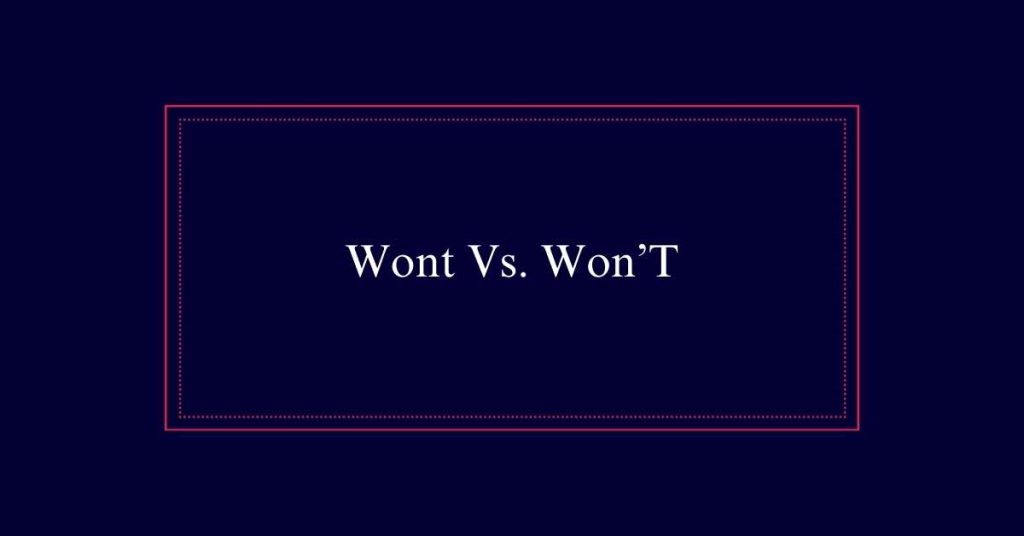
‘Wont’ can also describe a personal trait, such as in, ‘He is wont to speak his mind.’ These examples show how ‘wont’ signifies habitual actions or tendencies.
Definition of ‘Won’t’
‘Won’t’ is a contraction of the phrase ‘will not.’ It is commonly used in English to express a future refusal or denial.
For instance, saying ‘I won’t attend the meeting’ means ‘I will not attend the meeting.’ This contraction simplifies communication and makes sentences shorter and more direct. It is part of a group of contractions like ‘don’t’ for ‘do not’ and ‘can’t’ for ‘cannot.’
Using ‘won’t’ correctly can enhance the clarity and efficiency of your writing. It is important to remember that ‘won’t’ always implies a future action that someone is choosing not to do.
Wont’ Vs. ‘Won’t
Understanding the distinction between ‘wont’ and ‘won’t’ is essential for precise and effective communication.
‘Wont’ is an archaic term used to describe a habit or customary behavior, often seen in literature.
Conversely, ‘won’t’ is a contraction of ‘will not’ and is commonly used in everyday language to indicate refusal or future negation.
To clarify their differences, consider the following points:
- ‘Wont’: Refers to habitual behavior (e.g., ‘He was wont to rise early’).
- ‘Won’t’: Contraction of ‘will not’ (e.g., ‘I won’t attend the meeting’).
- Usage: ‘Wont’ is less common in modern English.
- Context: ‘Won’t’ is prevalent in conversational and written English.
Importance of Correct Usage
Correct usage of ‘wont’ and ‘won’t’ is essential for clear and effective communication. Misusing these terms can lead to confusion and misinterpretation.
‘Wont’ describes a habitual action or behavior, such as ‘He was wont to rise early.’ On the other hand, ‘won’t’ is a contraction for ‘will not,’ used in sentences like ‘She won’t attend the meeting.’
Knowing when to use each term correctly guarantees that the intended message is conveyed accurately. This precision in language helps maintain professionalism and clarity, whether in written or spoken communication.
Frequently Asked Questions
How Do You Pronounce ‘Wont’ and ‘Won’t’?
“Wont” is pronounced as “wawnt” and rhymes with “font.” “Won’t” is pronounced as “wohnt” and rhymes with “don’t.” Clear pronunciation helps in distinguishing between these terms in both written and spoken communication.
Can ‘Wont’ Be Used in Formal Writing?
Yes, ‘wont’ can be used in formal writing. It effectively conveys specific habits or customary behaviors. Guarantee its correct usage to maintain clarity and professionalism in your text. For example, ‘He was wont to arrive early.’
Is ‘Wont’ Commonly Used in Modern English?
“Wont” is not commonly used in modern English. It appears more often in literary or formal contexts to describe habitual behavior. Most people today use simpler terms like “habit” or “accustomed” to convey the same meaning.
What Are Some Synonyms for ‘Wont’?
Current synonyms for ‘wont’ include ‘habit,’ ‘custom,’ and ‘routine’ when used as a noun. As an adjective, it can be replaced with ‘accustomed,’ ‘used to,’ or ‘inclined.’ Each synonym varies slightly in nuance.


